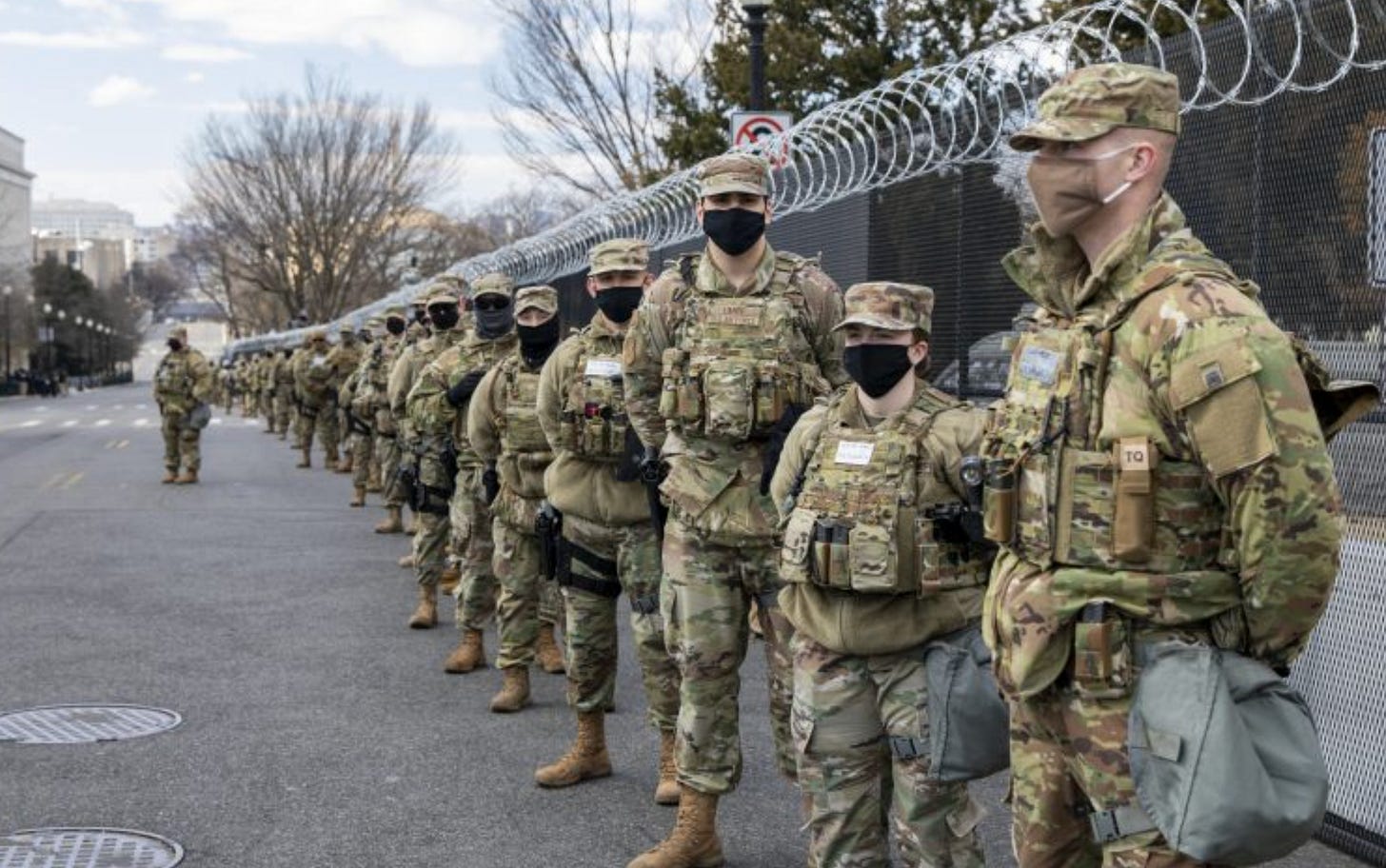Worth Considering: Burlington Council’s Enforcement Vote May Have Closed the Door on a Bigger Risk
Burlington, with its visible homelessness, high property crime rates, and opioid crisis, fits the profile of a place that could be cast as a “failing city” for political purposes when it is not.
When Burlington’s City Council voted to step up enforcement of ordinances in City Hall Park this week, the action was framed as a local response to residents and business owners alarmed by open drug use, disorderly conduct, and safety concerns downtown. But legal scholars and political analysts suggest that the decision may also have helped shield the city from something far larger: the possibility of a federal National Guard deployment.
A Federal Playbook
The Trump administration’s recent intervention in Washington, D.C., offers a model. There, the White House declared a “crime emergency,” portraying the capital as overwhelmed by violence and disorder. Federal troops were deployed even though crime statistics showed violent crime trending down. Critics argue the move was less about public safety and more about political optics and immigration enforcement.
That approach—framing a Democratic-led city as unable or unwilling to enforce the law—could theoretically be applied elsewhere. Burlington, with its visible homelessness, high property crime rates, and opioid crisis, fits the profile of a place that could be cast as a “failing city” for political purposes.
Why Burlington Could Have Been a Target
Burlington has become a symbol in national politics before. Trump’s 2016 rally at the Flynn Theater was marked by protests, clashes with city officials, and sharp rhetoric. Vermont’s congressional delegation has frequently criticized his administration, while state officials have opposed tariffs, immigration policies, and challenges to climate legislation. In short, Burlington represents the kind of ideological foil the administration has been willing to spotlight.
Add in the city’s documented challenges—property theft rates above the national average, an acute homelessness crisis, and rising opioid overdoses—and the ingredients for a federal narrative were present.
The Council’s Move
By voting to enforce existing park rules, the council demonstrated that city leaders are not ignoring public disorder. That action, some analysts suggest, helps undercut any outside argument that Burlington leaders are unwilling to address local problems.
It does not erase the challenges. But it does show an active, local response—something Washington, D.C., was accused of lacking when federal troops arrived there.
The Governor’s Firewall
Even if Burlington had not acted, Vermont still has a significant safeguard in Governor Phil Scott. He has repeatedly rejected Trump administration requests to deploy the Vermont National Guard for missions he viewed as politicized, including the recent D.C. crackdown.
To override him, the administration would likely have to invoke the Insurrection Act, an extraordinary step that would pit the president against a governor of his own party. Legal experts note that such a move would trigger a constitutional battle and carry major political costs.
Just Consider This
The likelihood of National Guard troops arriving in Burlington remains very low. Analysts describe it as strategically irrational for the administration to pick that fight when other Democratic-led cities present less complicated targets.
Still, the episode highlights the stakes of local governance. By taking action on its own, Burlington’s council not only addressed public safety concerns but also lessened the risk of outside intervention. In an era where federal authority over the Guard is being tested, those local decisions matter more than they may appear.



